
57 Courses

English Language Courses
AI Technology Enhanced Teaching for Professional Teachers
This micro-credential course is designed for educators, trainers, and language professionals seeking to revolutionize their practice through the integration of Artificial Intelligence. Focusing on hands-on learning, the curriculum bridges traditional language teaching with modern, AI-enhanced approaches. Participants will gain the knowledge and skills necessary to leverage AI for improved teaching effectiveness and learner engagement, exploring the principles of AI-driven pedagogy and learning to create differentiated, multimedia-rich, and interactive lessons. The course also prepares educators to manage both physical and virtual learning environments, enabling them to confidently adapt to contemporary hybrid teaching models.
A core component of the course is mastering the use of advanced tools for assessing student progress and delivering meaningful, data-driven feedback. By completion, participants will be well-equipped to adopt AI-enhanced strategies that foster innovation, inclusivity, and excellence in language education. Ultimately, the course aims to empower educators to discover the potential of AI in reshaping language learning, making the process more engaging, personalized, and impactful for diverse student needs.

English Language Courses
Foundations of Creative Writing
This course is designed to provide participants with the foundational skills and techniques of creative writing.
This course will focus on developing core competencies in storytelling, character creation, and world-building. By the end of the course, participants will have crafted a polished short story or personal essay.

English Language Courses
Mastering CAT Tools for Professional Translation
This micro-credential is designed to introduce participants to the core functionalities of Computer-Assisted Translation (CAT) tools. The course provides hands-on training with popular platforms like Smartcat, Matecat, SDL Trados, and memoQ, and It is ideal for aspiring translators, localization professionals, and linguists aiming to enhance their efficiency and accuracy in translation projects.

English Language Courses
Editing and Proofreading for Translators
Editing and Proofreading for Translators is an Intermediate-level course designed to equip translators with the essential skills for ensuring high-quality and error-free translations. This course offers a comprehensive overview of the translation workflow stages, enabling you to distinguish between editing and proofreading, as well as copyediting, and understand the distinct role of each.
Instructed by Dr. Lubna Adel
Assistant Professor of Linguistics and Translation at Arab Open University (AOU)

Principles of Translation and Interpreting
This course primarily targets those who are interested in starting a career in translation and interpreting. It offers them the basics they need to embark such a career using the language pair: English and Arabic. It mainly discusses what translation is good translation/interpreting, the different tools translators and interpreters need, and how to produce good translation/interpreting.
All the texts used in the course are authentic, taken from various genres. Hence, after completing this course, you will know what makes a qualified professional translator/interpreter in addition to the basic skills translators/interpreters need.

General Writing Skills in English
This training course is set to enrich some general writing skills especially how to write effective sentences, paragraphs, articles and essays as means of communication. It will go over how to compose English correspondences by using the correct grammar and punctuation marks, improving writing style and tone, and developing efficient general writing habits. Participants will learn various writing skills/strategies, write different writing genres, and receive feedback on their work.
The training is designed with an intensive practical approach to allow participants to apply and practice workshop concepts in a safe environment to guarantee successful transfer of knowledge to the academic and workplace settings. To achieve this, participants will work together in teams, pairs and individually through forum discussions.
Employability Skills for University Graduates
Job seekers need to understand the fundamental employability skills that employers expect from them.
Employability Skills for University Graduates is a hands-on-course which will provide opportunities for work-based learning experiences to graduates. The course, which is relevant and rigorous, effectively prepares them for the job market.

How to Read a Literary Text
Course Description:
This course will help students to tackle a literary text. It aims to equip learners with the skills and knowledge necessary to engage critically and thoughtfully with literary texts. Students will develop advanced critical thinking skills and refine their ability to engage with literature in a meaningful and analytical manner. Through a combination of different activities and assignments, students will deepen their understanding of how literary texts communicate complex ideas and themes, and how authors employ various literary techniques to craft compelling narratives.
What will you learn?
By the end of this short course, students will be able to
- Read a literary text critically and more independently.
- Interpret a literary text and support their argument with evidence from the text.
- Identify and analyze key literary elements such as plot, character, setting, theme and symbolism within a text.
- Utilize appropriate literary terminology to articulate their interpretation effectively.
- Reflect on personal responses to literature and recognize the role of interpretation in shaping meaning.

The Art of Word Formation
This course introduces learners to the science of word formation: the different types of words in the English language and how they are formed. Learners will do practices which target at developing their acquisition of vocabulary and using words more accurately.
What you will learn
- Using the right word class
- Delivering more successful spoken and written messages
- Use prefixes and suffixes to create new forms of words
- Speaking and writing more confidently and accurately
Requirements
Foundation knowledge of general English
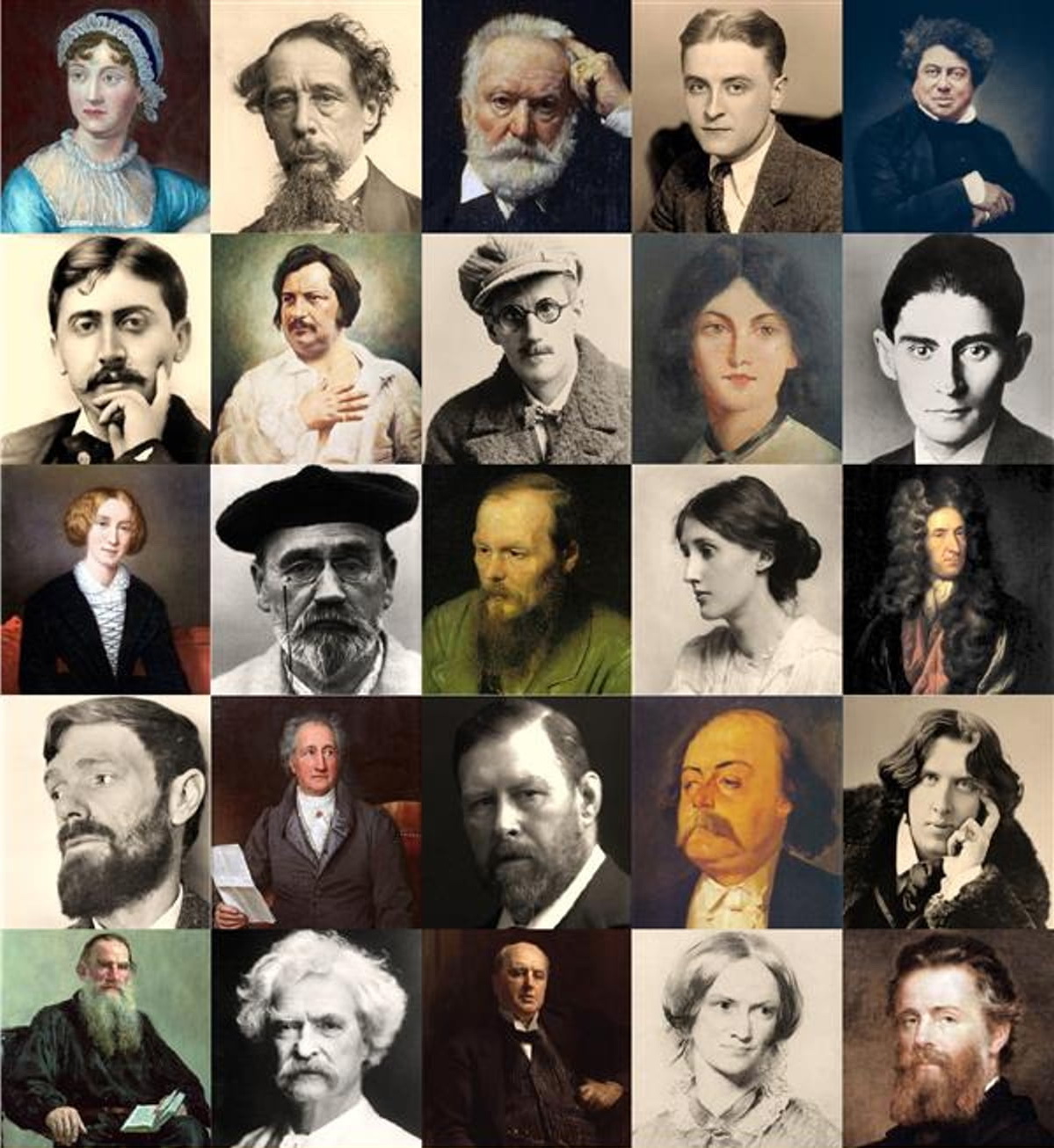
Exploring Fiction & Understanding Its Elements
Course Description
The objective of this mini-course is to furnish participants with a thorough comprehension of the elements of fiction, i.e., plot, character, setting, point of view, theme, and literary devices. By means of exhaustive explanations, accompanied by illustrative examples and engaging exercises, participants will acquire insight into the relationship among these elements in crafting captivating narratives, thereby enriching their understanding and appreciation of fiction.
Course Objectives
- To provide participants with a comprehensive understanding of the fundamental elements of fiction, such as plot, character, setting, point of view, theme, and literary devices
- To enhance participants’ ability to analyze and evaluate the interplay of these elements within fictional texts
- To equip participants with the skills to recognize and interpret the significance of various literary techniques and devices employed by authors in crafting fiction
- To foster critical thinking and analytical skills through engaging with diverse literary works and exploring their thematic and stylistic complexities
- To cultivate participants’ appreciation for the artistry and craftsmanship involved in creating compelling narratives, thereby deepening their enjoyment and understanding of fiction
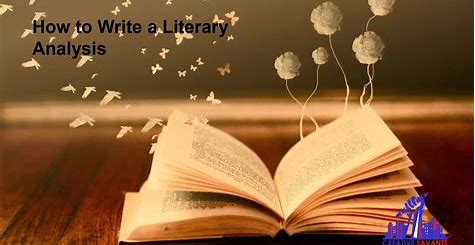
Introduction to Literary Analysis
This course will provide the learners with a step by step guide to write a successful literary analysis to variety of texts whether a short story, a novel, a play or a film. It aims to equip learners with the skills to approach any kind of texts, to analyze them deeply, and to write substantial literary review or literary analysis of a selected text. Through providing examples from different selections, the learners will learn step by step how to approach and engage deeply with texts and write their own reflections.

The Effective Strategies for English Language Learning
This training course is designed to equip language learners with effective strategies and techniques to enhance their language acquisition process. Whether learners are beginners or advanced speakers, this course provides a structured approach to mastering a new language or improving proficiency in an existing one. Through a combination of theoretical understanding and practical application, participants will develop the skills necessary to become successful language learners.
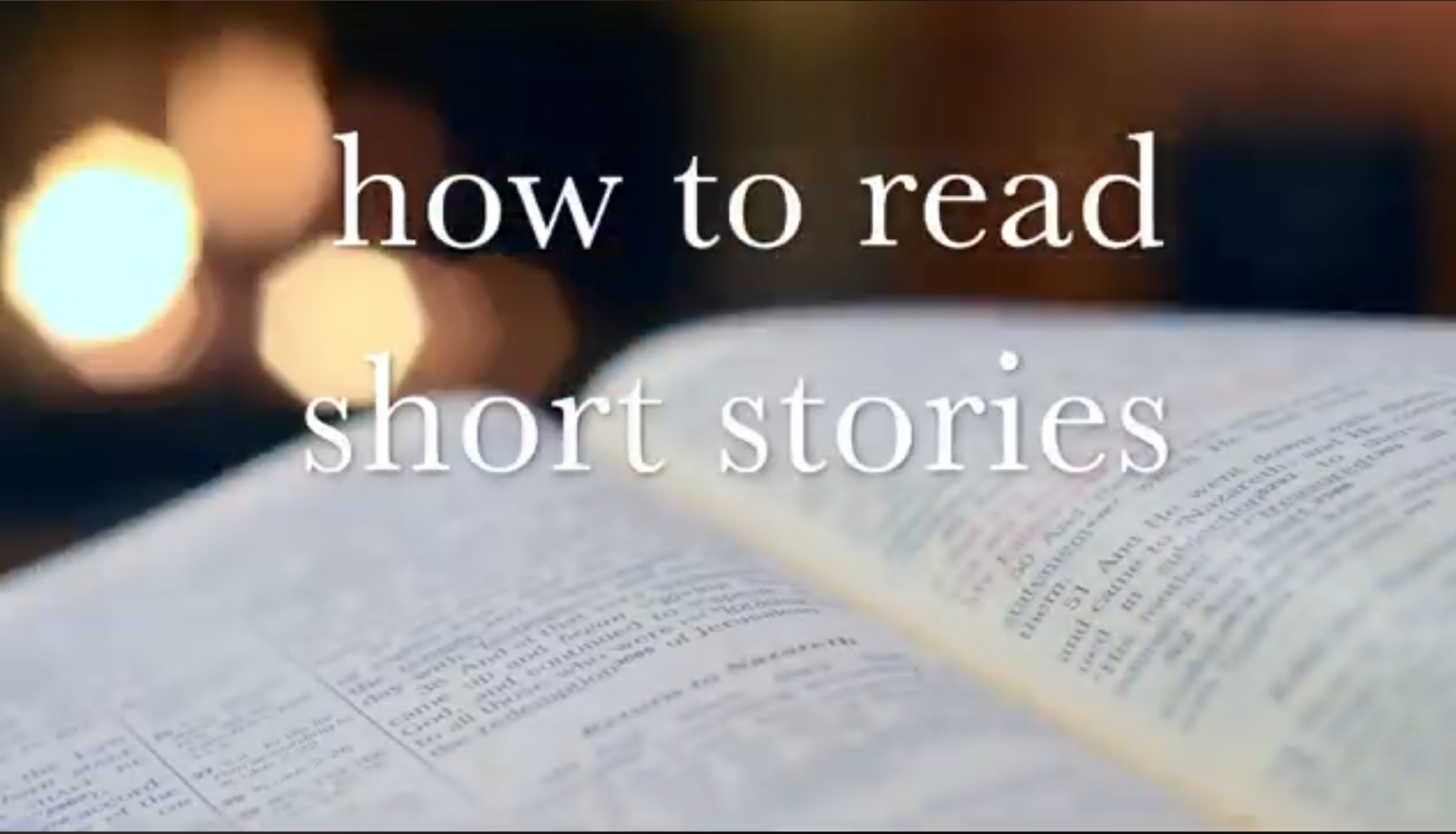
How to Read a Short Story
This course aims to help you to tackle the genre of short story. It aims to equip learners with the skills necessary to engage critically with a short story. Through a detailed exploration of Ghassan Kanafani's short story ‘A Letter from Gaza', students will learn to identify and understand the essential components of the short story genre.
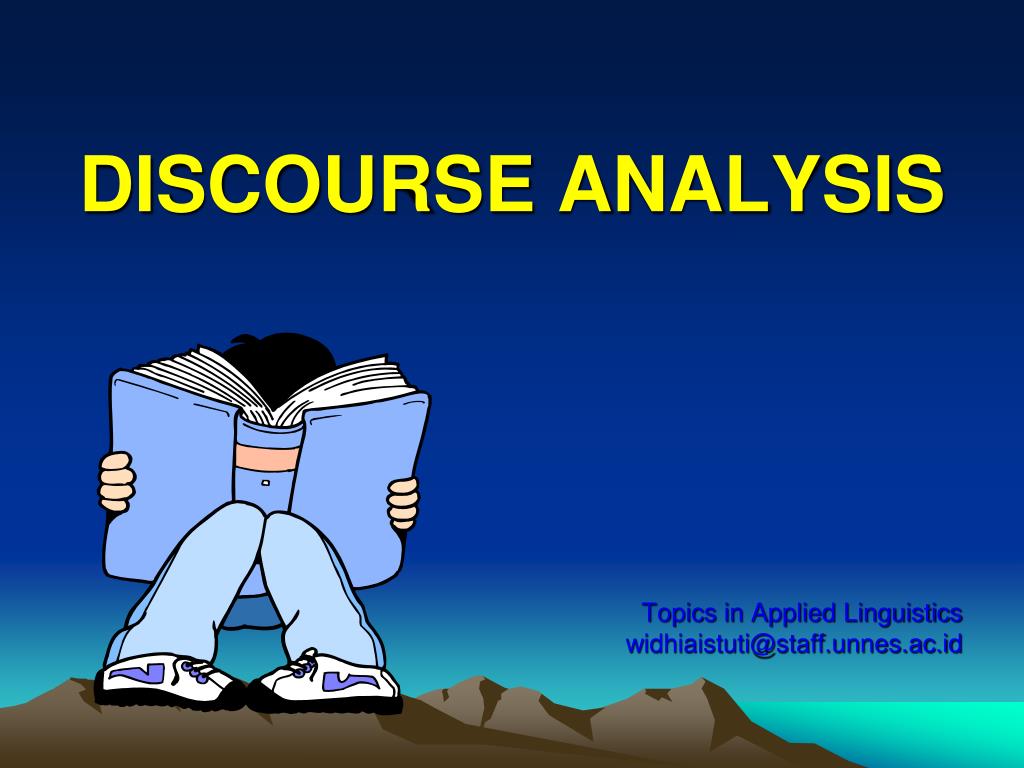
Foundations of Discourse Analysis: A Beginner’s Guide to Analysing Texts and Talk in Context
This course offers an introduction for beginners to the discipline “Discourse Analysis”. It focuses on equipping students with key concepts and theoretical knowledge necessary for analyzing a wide range of written and spoken texts in different contemporary social contexts. It covers fundamental concepts crucial to understanding discourse analysis, including the term discourse itself, context, and the societal norms and rules guiding communication. Students will learn about major methodologies for discourse analysis, including Pragmatics, Conversation Analysis, Interactional Sociolinguistics, Systematic Functional Grammar, and Critical Discourse Analysis, among others. The course’s objective is to help students apply theoretical concepts and analytical techniques to various types of texts and interactions.
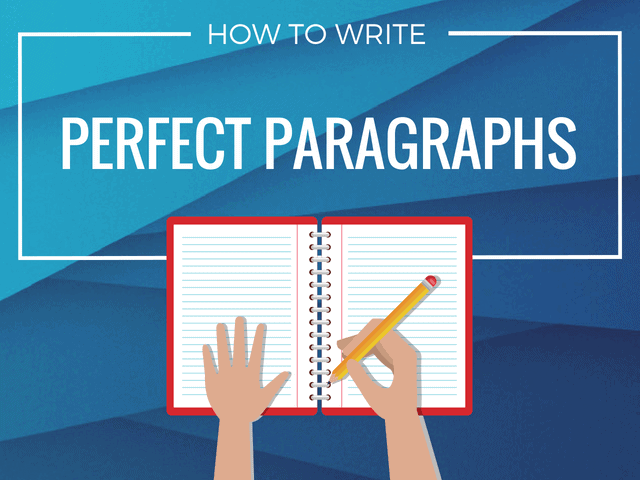
Writing Paragraphs, Writing Essays
Writing Paragraphs, Writing Essays
This will be a general paragraph and essay English writing course. After finishing these writing lessons you will be able to write more easily, be clearer in your writing, and be more comfortable writing what you want to write. In the course we will look at the process to use for writing, grammar and common errors, sentence structure and organization, good writing habits, analyzing sentences and paragraphs, and writing practice.
One of the most important things you will do is the process to go through before and while you are writing. Before writing you should think about what you want to write, organize your ideas, write an outline, and then start to write. The process is a little more formal than this, so we will go over it during the course.
We will also look at different types of paragraphs such as descriptive, narrative, process analysis, definition, and opinion. Besides writing these different types of paragraphs we will also look at examples and analyze them for:
-
What makes them good?
-
What the individual sentences are doing?
-
How the sentences fit together.



 One way to improve your writing is studying examples and practice writing. We will have examples of the different types of paragraphs to study. We will start with writing sentences and what is entailed in this then move on to writing whole paragraphs. There will also be writing exercises to help you practice different types of paragraphs writing.
One way to improve your writing is studying examples and practice writing. We will have examples of the different types of paragraphs to study. We will start with writing sentences and what is entailed in this then move on to writing whole paragraphs. There will also be writing exercises to help you practice different types of paragraphs writing.